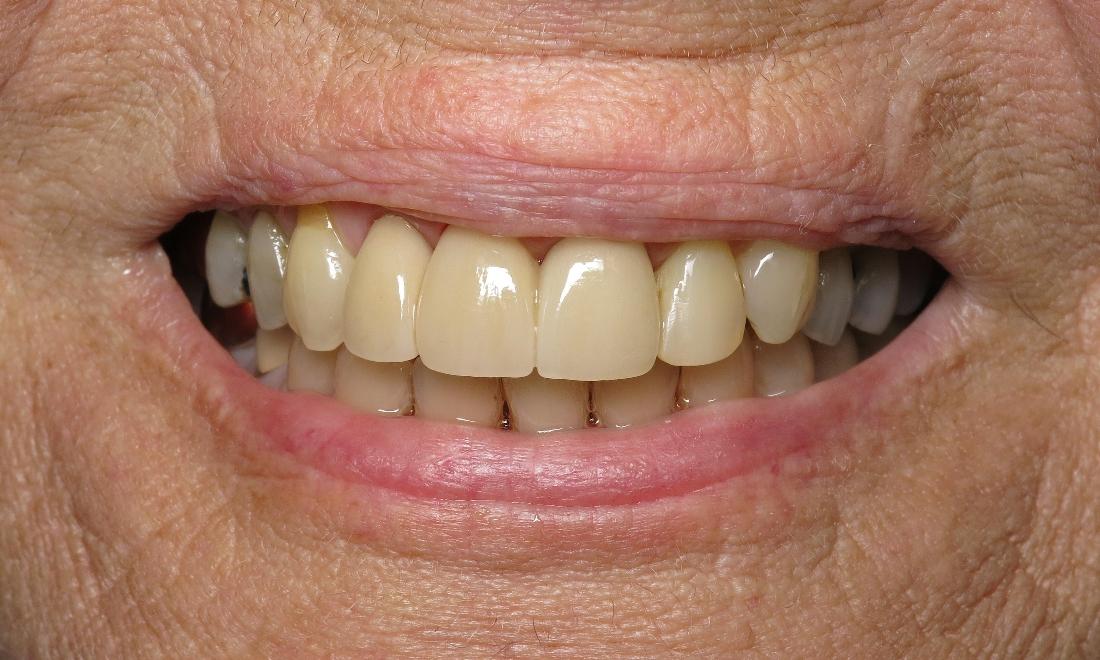Can Covid Affect Your Ears
The COVID-19 pandemic has brought to light a multitude of symptoms and effects that the virus can have on the human body. While the primary focus has been on the respiratory system, there is growing evidence to suggest that COVID-19 can also have a significant impact on other parts of the body, including the ears. In this article, we will delve into the relationship between COVID-19 and ear health, exploring the various ways in which the virus can affect the ears and what this means for individuals who have contracted the disease.
Introduction to Ear Anatomy and COVID-19
To understand how COVID-19 can affect the ears, it’s essential to have a basic understanding of ear anatomy. The ear is divided into three main parts: the outer ear, the middle ear, and the inner ear. Each part plays a crucial role in hearing and balance. The outer ear collects sound waves, which are then funneled through the ear canal to the eardrum in the middle ear. The vibration of the eardrum causes the ossicles (tiny bones) to move, which in turn stimulates the fluid in the inner ear, leading to the perception of sound. The inner ear also contains the vestibular system, which is responsible for balance.
COVID-19, caused by the SARS-CoV-2 virus, primarily affects the respiratory system but can also impact other bodily systems due to its ability to cause inflammation and affect blood vessels. This systemic impact can lead to various extra-pulmonary manifestations, including effects on the ears.
Hearing Loss and Tinnitus
One of the notable effects of COVID-19 on the ears is hearing loss. This can range from mild to profound and may be temporary or, in some cases, permanent. The exact mechanisms by which COVID-19 leads to hearing loss are not fully understood but are thought to include:
- Direct viral infection: The SARS-CoV-2 virus may directly infect the cells of the inner ear, leading to damage and subsequent hearing loss.
- Inflammation: The systemic inflammation caused by COVID-19 can affect the ears, leading to damage to the auditory nerve or the structures within the inner ear.
- Medication side effects: Some medications used to treat COVID-19 can have ototoxic (hearing damaging) effects.
Tinnitus, characterized by the perception of noise or ringing in the ears without an external source, is another symptom that has been reported by some COVID-19 patients. Tinnitus can be associated with hearing loss but can also occur independently.
Balance and Vestibular Issues
In addition to hearing-related issues, COVID-19 can also affect the vestibular system, leading to problems with balance and equilibrium. This can manifest as dizziness, vertigo, or a general feeling of instability. The vestibular system, located in the inner ear, is crucial for maintaining balance and spatial orientation. Damage or dysfunction in this system, potentially caused by the inflammation and vascular effects of COVID-19, can lead to these balance-related symptoms.
Treatment and Management
The treatment and management of ear-related symptoms caused by COVID-19 depend on the nature and severity of the symptoms. For hearing loss and tinnitus, the approach may include:
- Monitoring: Regular hearing tests to monitor the status of hearing loss.
- Medication: In some cases, medications may be prescribed to manage symptoms such as tinnitus or to reduce inflammation.
- Therapy: Auditory therapy or rehabilitation may be beneficial for individuals experiencing significant hearing loss or tinnitus.
- Lifestyle adjustments: Making lifestyle changes to protect hearing, such as avoiding loud noises and reducing stress, can be helpful.
For balance and vestibular issues, treatment may involve:
- Vestibular rehabilitation therapy (VRT): A type of physical therapy that helps improve balance and reduce dizziness.
- Medications: To manage symptoms of dizziness or nausea.
- Lifestyle modifications: Such as making changes to daily activities to avoid triggers for dizziness.
Conclusion
The impact of COVID-19 on the ears is a developing area of research, with ongoing studies seeking to understand the mechanisms by which the virus affects hearing and balance. While the effects can be significant, it’s crucial for individuals who have experienced ear-related symptoms following COVID-19 to seek medical evaluation and follow-up care. Early intervention and appropriate management can make a significant difference in outcomes, potentially mitigating long-term effects on hearing and balance.
FAQ Section
Can COVID-19 cause permanent hearing loss?
+Yes, COVID-19 has been associated with both temporary and permanent hearing loss in some individuals. The risk of permanent damage may be higher in those with more severe COVID-19 symptoms or in cases where the inner ear is directly affected by the virus.
How common are ear-related symptoms in COVID-19 patients?
+While ear-related symptoms are not as common as respiratory symptoms, there is a significant number of COVID-19 patients who report issues such as hearing loss, tinnitus, and balance problems. The exact prevalence varies depending on the study and population examined.
Can COVID-19 vaccines prevent ear-related symptoms?
+While COVID-19 vaccines are highly effective in preventing severe illness and hospitalization due to COVID-19, there is less direct evidence on their ability to specifically prevent ear-related symptoms. However, by reducing the severity of COVID-19, vaccines may indirectly reduce the risk of these symptoms.
Moving Forward
As research into the effects of COVID-19 on the ears continues to evolve, it’s essential for healthcare providers and patients alike to be aware of these potential complications. By recognizing the signs and symptoms of ear-related issues associated with COVID-19, timely intervention can be sought, potentially improving outcomes for those affected. The interplay between COVID-19 and ear health highlights the complex and multifaceted nature of this disease, underscoring the need for comprehensive and interdisciplinary care approaches.

